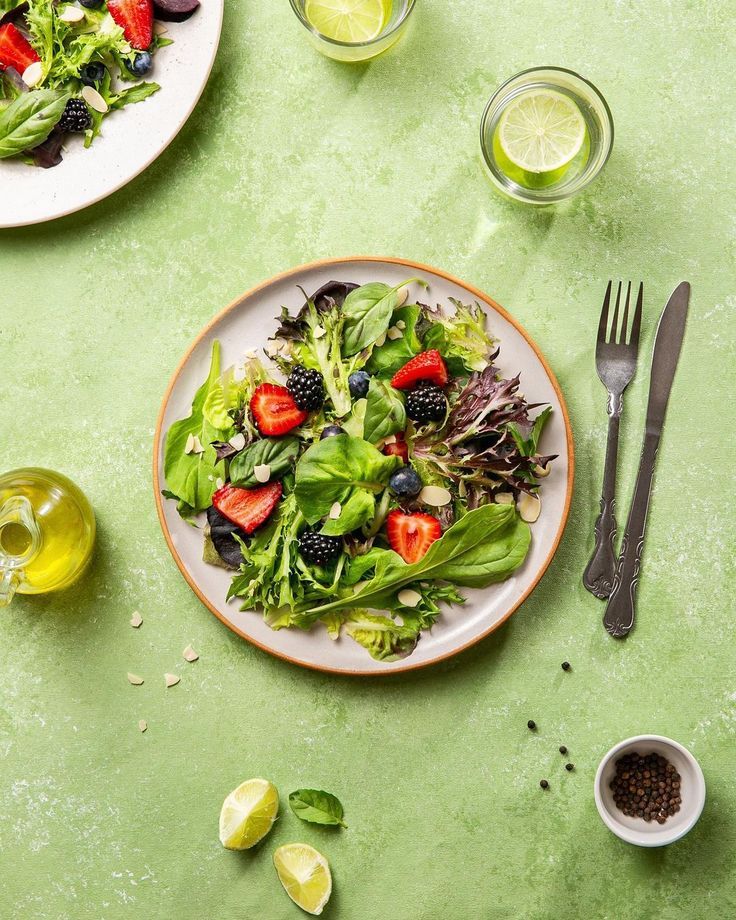I still remember the day my gut health hit rock bottom. It was three years ago, after pulling four all-nighters to finish a huge project at work. My stomach was a mess, I couldn’t think straight, and nothing seemed to help-not even the expensive probiotics I’d been taking religiously for months.
“Maybe my body’s just broken,” I thought.
Sound familiar? If you’re someone who’s tried everything – cutting out gluten, drinking kombucha like water, popping probiotic pills – but still deal with bloating, weird digestive issues, and that awful foggy-headed feeling, I get it. I’ve been there.
What turned things around for me wasn’t another supplement or elimination diet. It was fixing my messed-up sleep schedule.
Scientists have recently discovered something amazing: syncing your daily habits with your body’s natural clock can boost your gut bacteria diversity by 31%. That’s not a typo – thirty-one percent! And it works better than most expensive gut supplements on the market.
Let me share what I’ve learned and the simple changes that finally made a difference for me.
Also Read: 10 Signs of Poor Gut Health You Shouldn’t Ignore (+ How to Fix Them)
The Sleep-Gut Connection Nobody Told Me About
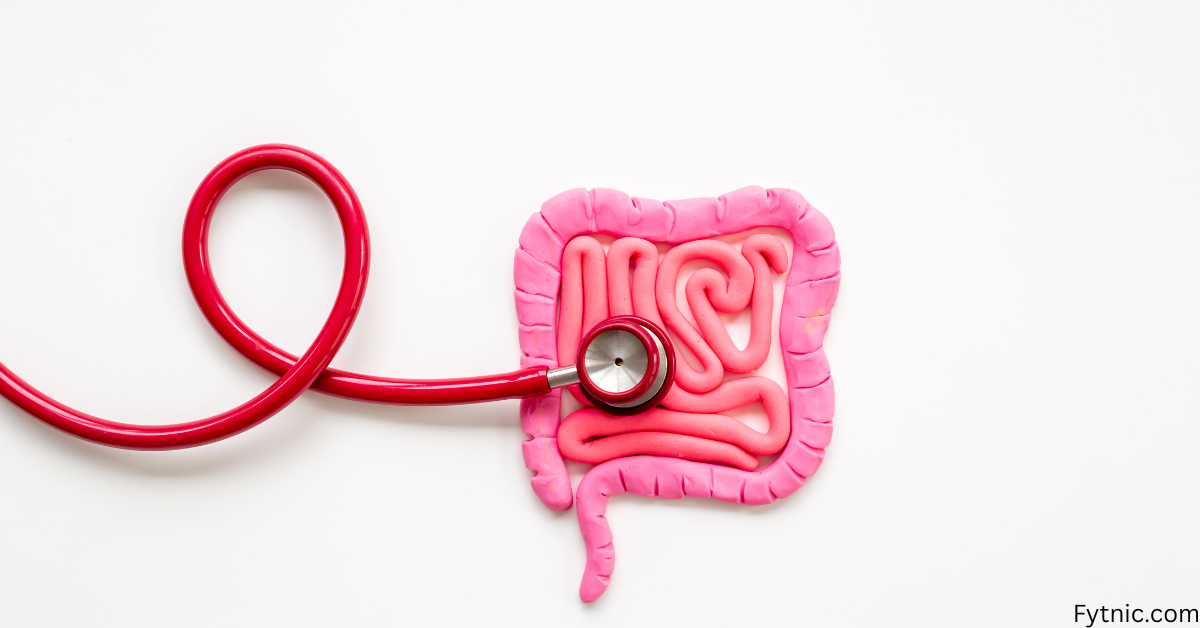
Your body runs on an internal clock called your circadian rhythm. Think of it as your body’s timekeeper that controls when you feel sleepy, hungry, or energetic.
Here’s what blew my mind: the trillions of tiny bacteria in your gut follow their own daily schedule too. When you mess with your body’s clock, you mess with theirs.
A new study from 2023 found that people who fixed their daily routines saw a huge 31% increase in good gut bacteria in just three weeks. The people who kept irregular schedules actually lost 5% of their good bacteria in that same time.
Every late-night Netflix binge, midnight snack, or weekend sleep-in is basically giving your gut bacteria jet lag. No wonder my stomach was so upset!
Here’s what actually works, based on what helped me and what the research confirms:
Hack #1: Morning Sunshine is Magic for Your Gut

This was the game-changer for me. Getting sunlight in your eyes first thing in the morning isn’t just for mood – it’s crucial for your digestion too.
My first week trying this, I dragged myself outside for 15 minutes each morning while having my coffee. By day four, I noticed something weird – my usual 3 PM bloating attack didn’t happen.
Why it works: Morning light tells your body clock “it’s daytime now!” which sets off a chain reaction that helps your gut bacteria know when to be most active.
Try this: Just 10-20 minutes outside after waking up. Don’t worry about bad weather – even on cloudy days, the light is strong enough to help. Can’t get outside? Sit by a bright window while eating breakfast.
My sister Lisa thought this was “woo-woo nonsense” until she tried it. After a week, she texted me: “OK fine, you were right. My stomach hasn’t felt this normal in years.”
Hack #2: Make Your Sleep Schedule Boring as Heck
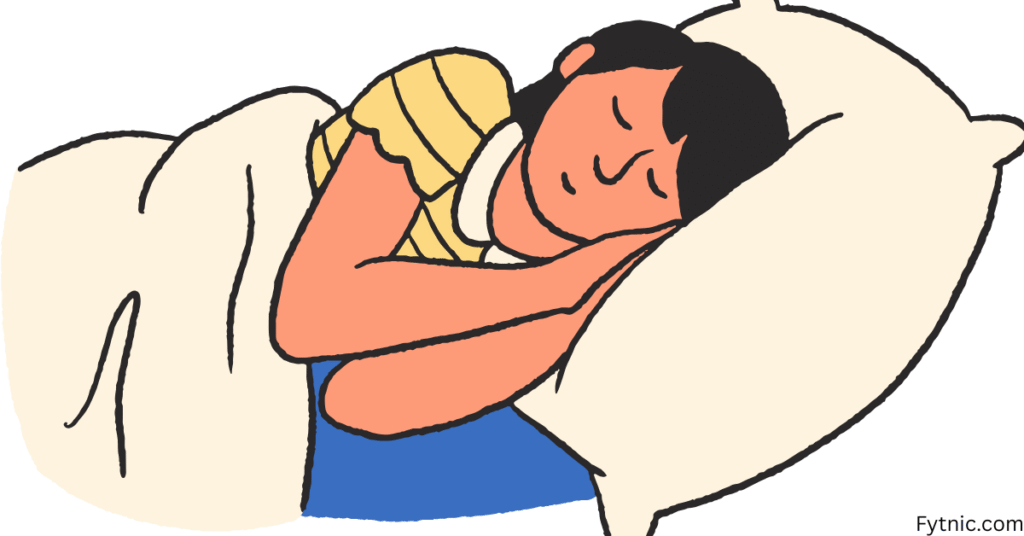
I used to be that person who went to bed at 10 PM weeknights and 2 AM weekends. My gut hated me for it.
The study showed people who kept their sleep and wake times the same (within 30 minutes) had way more of a super-beneficial gut bacteria called Akkermansia.
When I finally made my sleep schedule consistent (boring), my gut issues improved within days. The hardest part? Sticking to it on weekends when friends wanted to stay out late.
Try this: Pick a bedtime and wake-up time that works for your life, then stick to it – even on weekends. If your schedule is all over the place now, just adjust by 15 minutes every few days until you get there.
Hack #3: Give Your Gut Bacteria a Nighttime Break
My worst habit used to be late-night snacking. Ice cream at 11 PM was my weakness. Turns out, eating too close to bedtime confuses the heck out of your gut bacteria.
The research showed eating within a 10-12 hour window (like 8 AM to 7 PM) lets gut bacteria follow their natural active and rest patterns. People who did this had 22% more anti-inflammatory compounds in their gut.
Try this: Just contain your eating to a 10-12 hour window each day. This isn’t crazy fasting – it’s just having breakfast at 8 AM and finishing dinner by 7 PM, for example. What helped me stick to it was realizing I could still have my morning coffee right when I woke up.
Work night shifts? The actual times don’t matter – just keep your eating window consistent with your flipped schedule.
Hack #4: Your Phone is Confusing Your Gut Bacteria
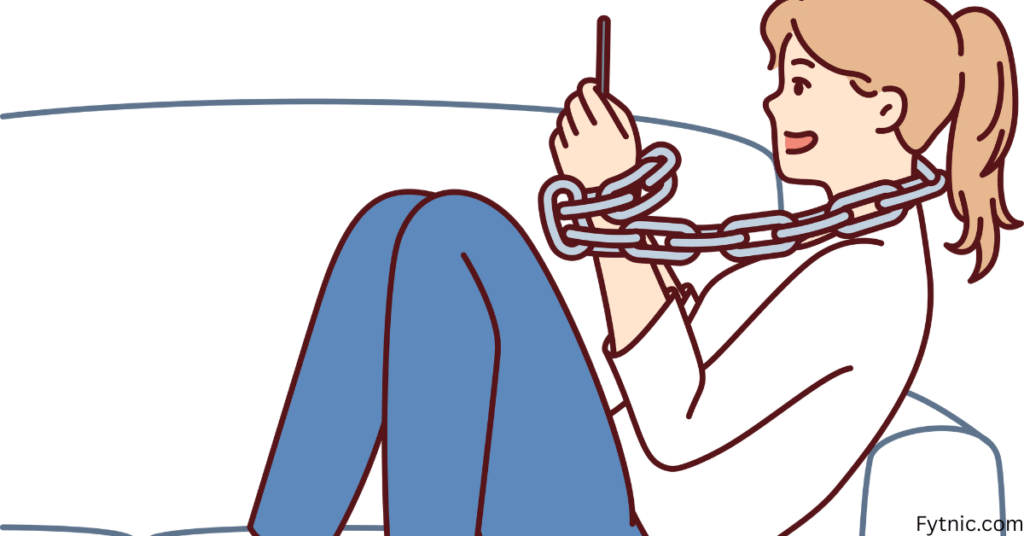
This one was hard for me to accept. I loved scrolling through social media before bed. But that blue light from screens isn’t just keeping you awake – it’s messing with your gut bacteria too.
Here’s the crazy part – there are actually melatonin receptors throughout your digestive system. When blue light messes with your melatonin, it affects your gut bacteria’s metabolism too.
Try this: Two hours before bed, switch to “night mode” on your devices, wear those dorky blue-blocking glasses (they work!), or best option – put the screens away. My compromise was switching to reading physical books.
My friend Jake swore his morning bathroom troubles were just “how his body worked” until he tried this hack. Five days later, he called me: “Dude, I’ve been regular every morning this week for the first time in my life.”
Hack #5: The 10-Minute Gut-Calming Bedtime Ritual
Your gut bacteria can tell when you’re stressed, even when you think you’re “fine.”
I used to jump right from working or watching TV into bed. Now I have a simple 10-minute wind-down that has made a massive difference in how my stomach feels the next day.
Try this: Create a super simple pre-bed routine. Mine is: 5 minutes of stretching, brushing teeth, then 5 minutes sipping chamomile tea while writing down three good things from my day. Nothing fancy, but it signals to both my brain and gut that it’s time to rest and repair.
Hack #6: Your Bedroom Temperature Affects Your Gut
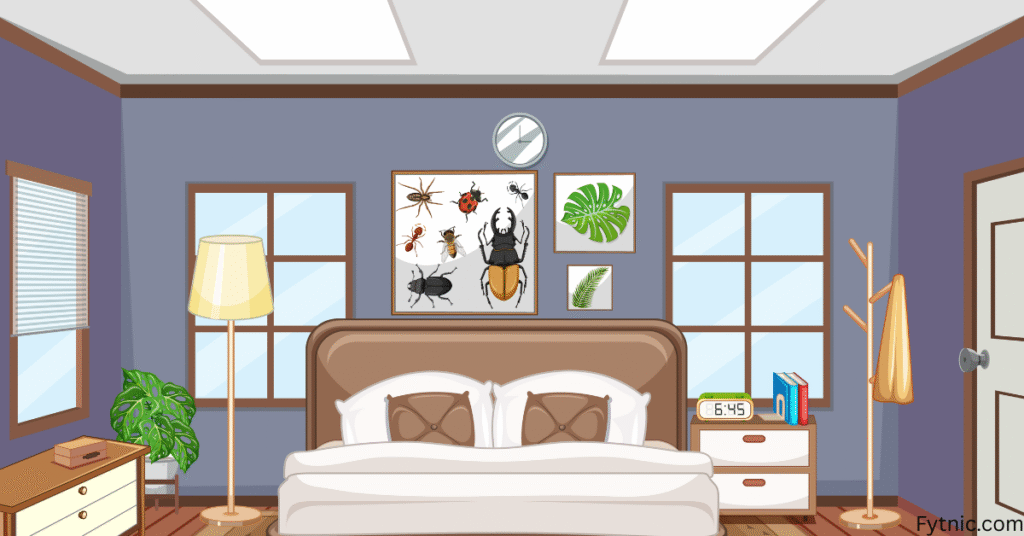
This one surprised me. Your body naturally cools down during sleep, and this cooler state helps your gut bacteria work better overnight.
The research found people sleeping in rooms between 65-68°F (18-20°C) had better growth of good bacteria compared to people in warmer rooms.
Try this: Turn your thermostat down a few degrees at night. No AC? I use a fan pointed directly at my bed and sleep with just a sheet. The cooling hack that helped me most: a warm shower before bed. The contrast when you get out helps trigger your body’s natural cool-down.
Hack #7: There’s a Right Time for Probiotics
If you’re taking probiotic supplements or eating yogurt for gut health, when you have them matters more than I realized.
The study found probiotics work best when taken within 30 minutes of waking up, when your stomach acid is naturally lower. People who did this had 26% better results than those taking identical probiotics with dinner.
Try this: Make a morning ritual with probiotic foods or supplements. My simple habit: a small bowl of yogurt with berries while checking my morning messages. Easy and effective.
What to Expect When You Try These Hacks
When I first started fixing my circadian rhythm, here’s what happened:
Days 1-2: Honestly, not much. I felt like it wasn’t working.
Days 3-5: I noticed my energy was more stable throughout the day. The afternoon slump wasn’t as bad.
Day 6: The biggest change – I actually had to poop every morning at the same time! TMI, but anyone with gut issues knows this is HUGE.
Week 2: The bloating started to calm down, especially in the evenings.
Week 3: People asked if I’d lost weight. I hadn’t – it was just less inflammation and bloating.
Don’t try to do all seven hacks at once like I did (overachiever problems). Pick the one that seems easiest for your life right now, nail it for a week, then add another.
My Gut Health Journey Changed Everything

Looking back now, it’s crazy how much my life has changed since fixing my circadian rhythm. Three years ago, I was popping antacids like candy, avoiding social events because I was afraid of bathroom emergencies, and constantly feeling like my body was fighting against me.
Today? I can eat foods I’d given up for years (hello, pizza night!). I wake up feeling rested instead of groggy. My skin cleared up. Even my anxiety has improved – turns out there’s a reason they call the gut our “second brain.”
The best part is that none of these changes cost me anything or required special equipment. Just small daily habits that added up to massive changes.
If you’re where I was – frustrated, uncomfortable, and feeling like you’ve tried everything – don’t give up hope. Your gut isn’t permanently broken. It might just be confused about what time it is.
Start with just one hack from this list. Give it a solid week before judging the results. Add another when you’re ready. Be patient with yourself and your body.
Remember, it took those study participants three consistent weeks to see that full 31% improvement in their gut bacteria diversity. Your gut microbiome has been with you your entire life – it’s worth taking a few weeks to help it get back on track.
Which hack will you try first? Your gut health is ready for the change, and I promise – the effort is worth it. I’d love to hear which one works best for you!
